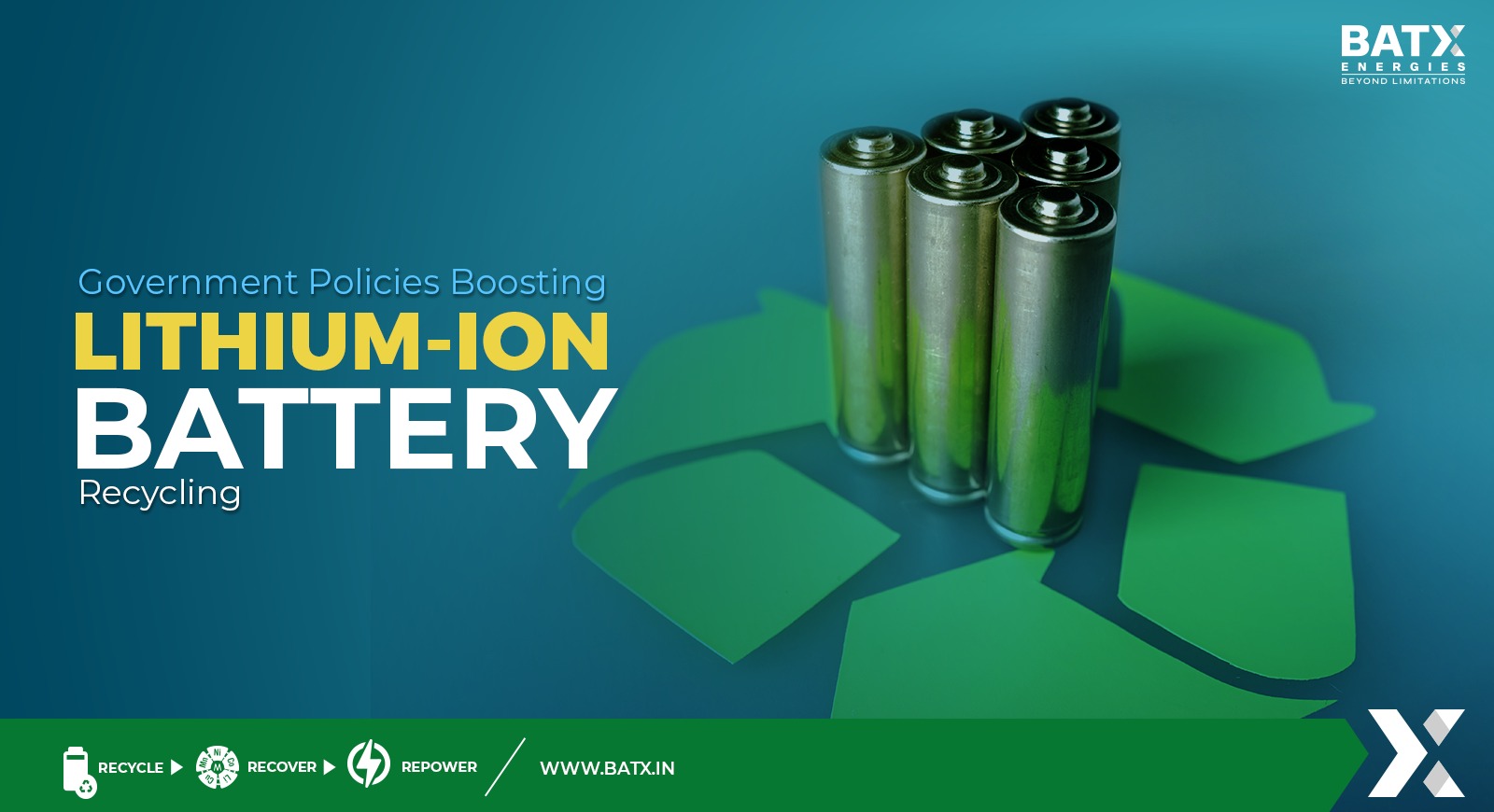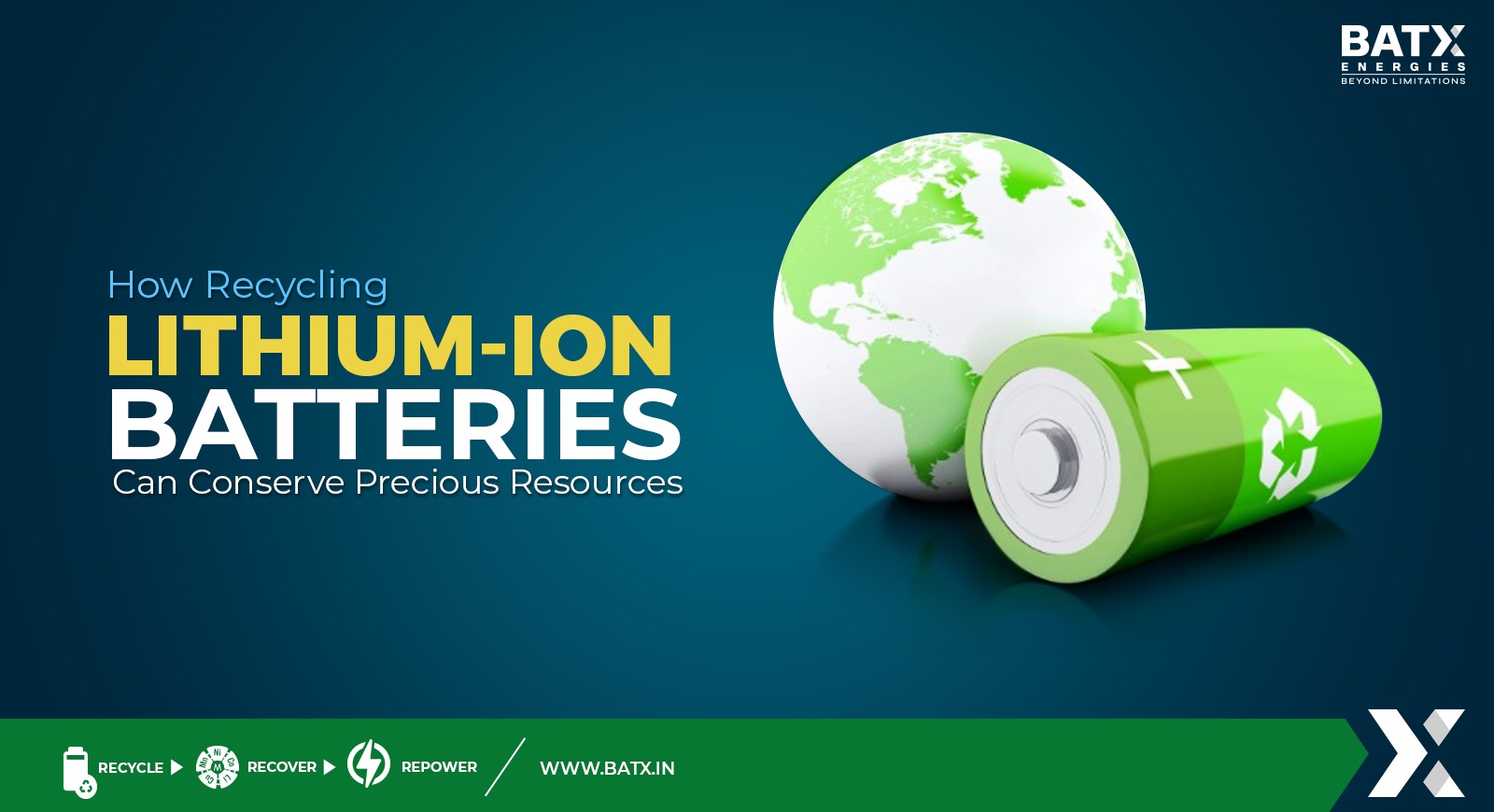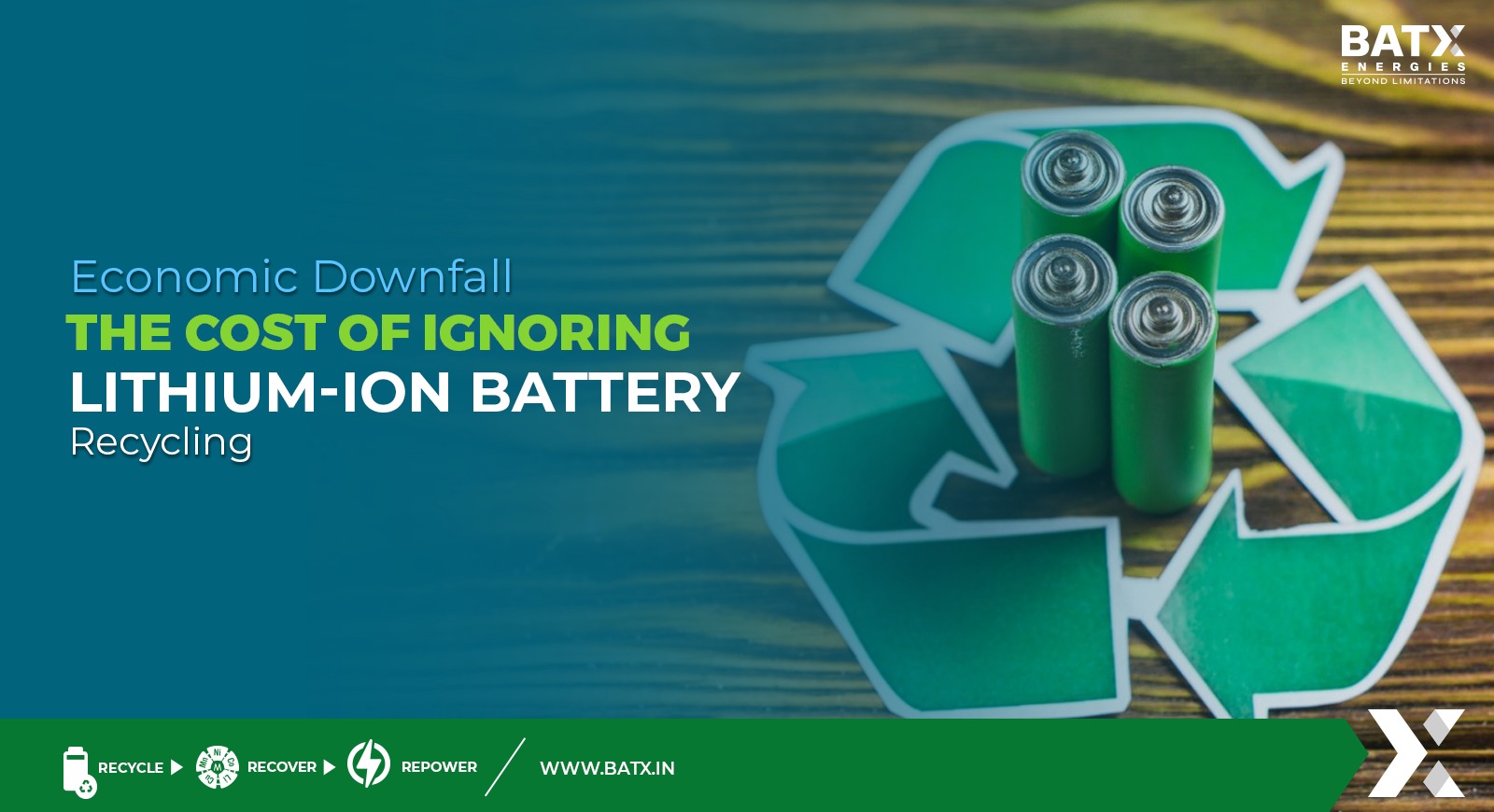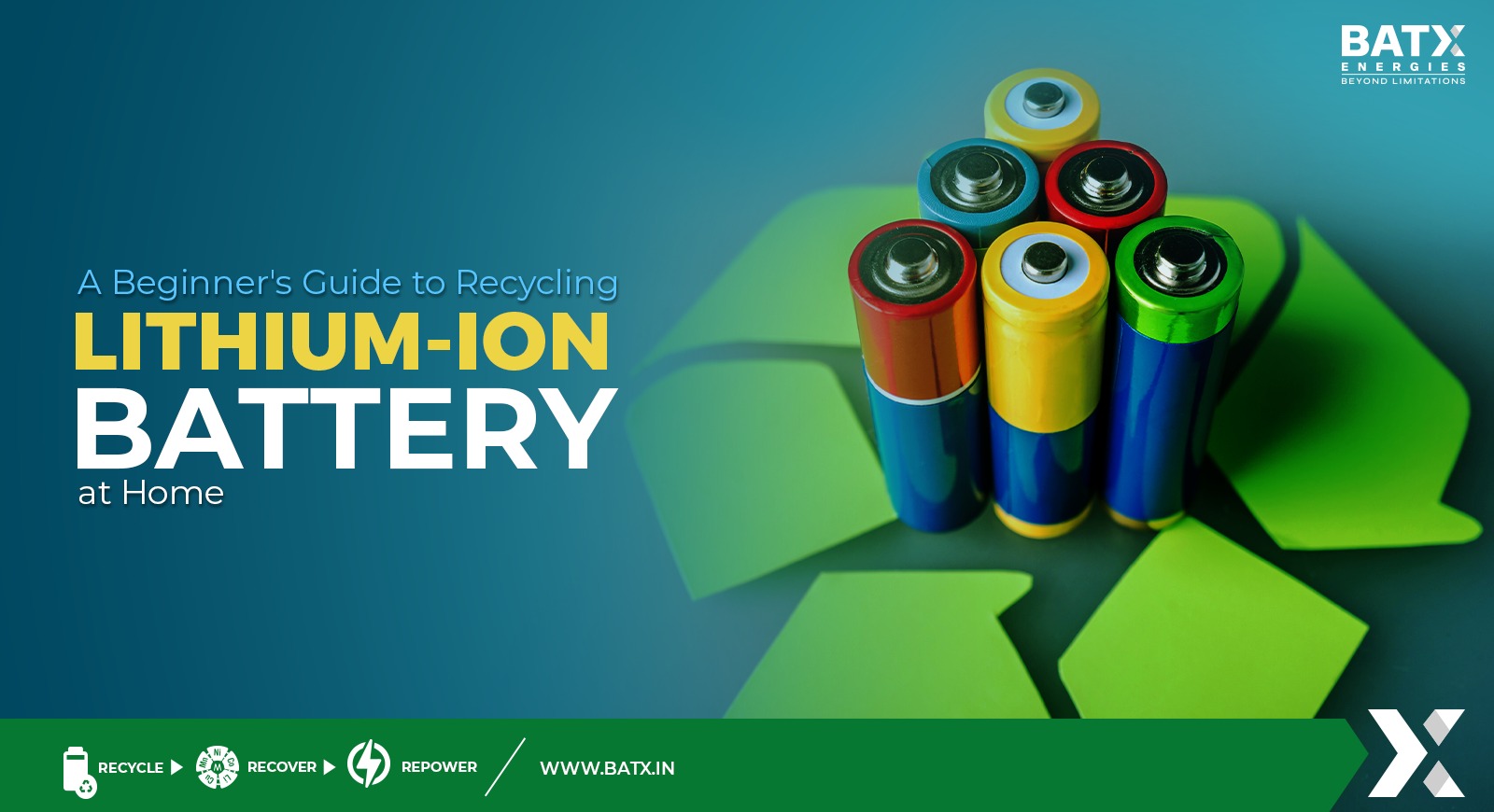In recent years, more people have been using lithium-ion batteries in phones, laptops, and electric cars, leading to much battery waste. To handle this problem, the government is making new rules to boost lithium-ion battery recycling. These government policies boosting lithium-ion battery recycling are important for promoting sustainable practices. They help to protect the environment from harmful chemicals, save valuable resources, and create new jobs. Encouraging recycling, the government aims to reduce the negative effects of improper battery disposal and ensure a greener future. Let’s explore how these policies are shaping the future of battery recycling and sustainability.
Table Of Contents:
Understanding the Need for Lithium-Ion Battery Recycling
Benefits of Government Efforts
Government Policies Boosting Lithium-Ion Battery Recycling
Extended Producer Responsibility (EPR)
Regulatory Frameworks and Legislation
Public Awareness Campaigns
Research and Development Funding
Collaborations and Partnerships
Future Outlook
Conclusion
Understanding the Need for Lithium-Ion Battery Recycling
Lithium-ion batteries are essential for modern technology, powering smartphones, laptops, and electric cars. However, throwing these batteries away improperly can cause serious pollution and waste valuable resources. Recycling lithium-ion batteries helps to recover important materials like lithium, cobalt, and nickel. It also reduces the need to mine new raw materials, conserving natural resources and lowering environmental damage. This is why government policies boosting lithium-ion battery recycling are so important.
Benefits of Government Efforts
Let’s dive into the benefits of government efforts in recycling the lithium-ion battery.
- Protect the Environment
Proper recycling prevents harmful chemicals from polluting the soil and water.
- Conserve Resources
Recycling conserves valuable materials to be reused, reducing the need to mine new resources.
- Promote Sustainability
Effective recycling minimizes waste and supports a cleaner, more sustainable future.
Government Policies Boosting Lithium-Ion Battery Recycling
Let’s explore how government policies boosting lithium-ion battery recycling are making a big difference.
Extended Producer Responsibility (EPR)
One of the best government policies boosting lithium-ion battery recycling is Extended Producer Responsibility (EPR). This policy makes manufacturers responsible for their products throughout their entire lifecycle, including disposal and recycling. EPR encourages companies to design batteries that are easier to recycle and to invest in recycling facilities and infrastructure. By making companies accountable, EPR reduces battery waste in landfills, prevents harmful chemicals from polluting the environment, and conserves valuable materials like lithium, cobalt, and nickel for reuse. This policy is crucial for promoting a cleaner and more sustainable future.
Regulatory Frameworks and Legislation
The government is setting strict laws and guidelines to control battery recycling. They aim to achieve high recycling rates and protect the environment. The government also offers incentives and subsidies to promote recycling. These financial aids make recycling more affordable and encourage businesses to invest in recycling technologies. Consumers are also motivated to return used batteries through buy-back programs or discounts on new purchases.
Public Awareness Campaigns
Raising public awareness about lithium-ion battery recycling is crucial. Educational campaigns and community programs teach people how to properly dispose of batteries and the benefits of recycling, leading to higher participation rates.
Research and Development Funding
The government is funding research to develop better recycling technologies. This helps create more efficient and cost-effective methods, making the process of recycling more sustainable and scalable.
Collaborations and Partnerships
Working together is key to successful recycling. Governments, industries, and research institutions collaborate to share knowledge and resources, leading to the creation of strong recycling systems.
These government policies boosting lithium-ion battery recycling are essential for building a sustainable future, protecting the environment, and conserving resources.
Future Outlook
The increasing adoption of electric vehicles and renewable energy storage systems will further increase the demand for lithium-ion batteries. Consequently, the importance of efficient recycling will continue to grow. Government must continuously evolve policies to address emerging challenges and promote sustainable practices.
By implementing comprehensive policies, providing incentives, and fostering collaborations, the government is playing a pivotal role in boosting lithium-ion battery recycling. These efforts protect the environment and pave the way for a sustainable future where resources are conserved, and waste is minimized.
Conclusion
Government policies boosting lithium-ion battery recycling are vital for tackling the environmental issues caused by battery waste. By combining regulatory measures, financial incentives, public awareness, and technological advancements, the government can ensure the effective recycling of lithium-ion batteries. These efforts contribute to a greener cleaner and more sustainable world.



